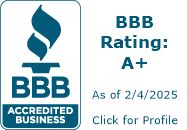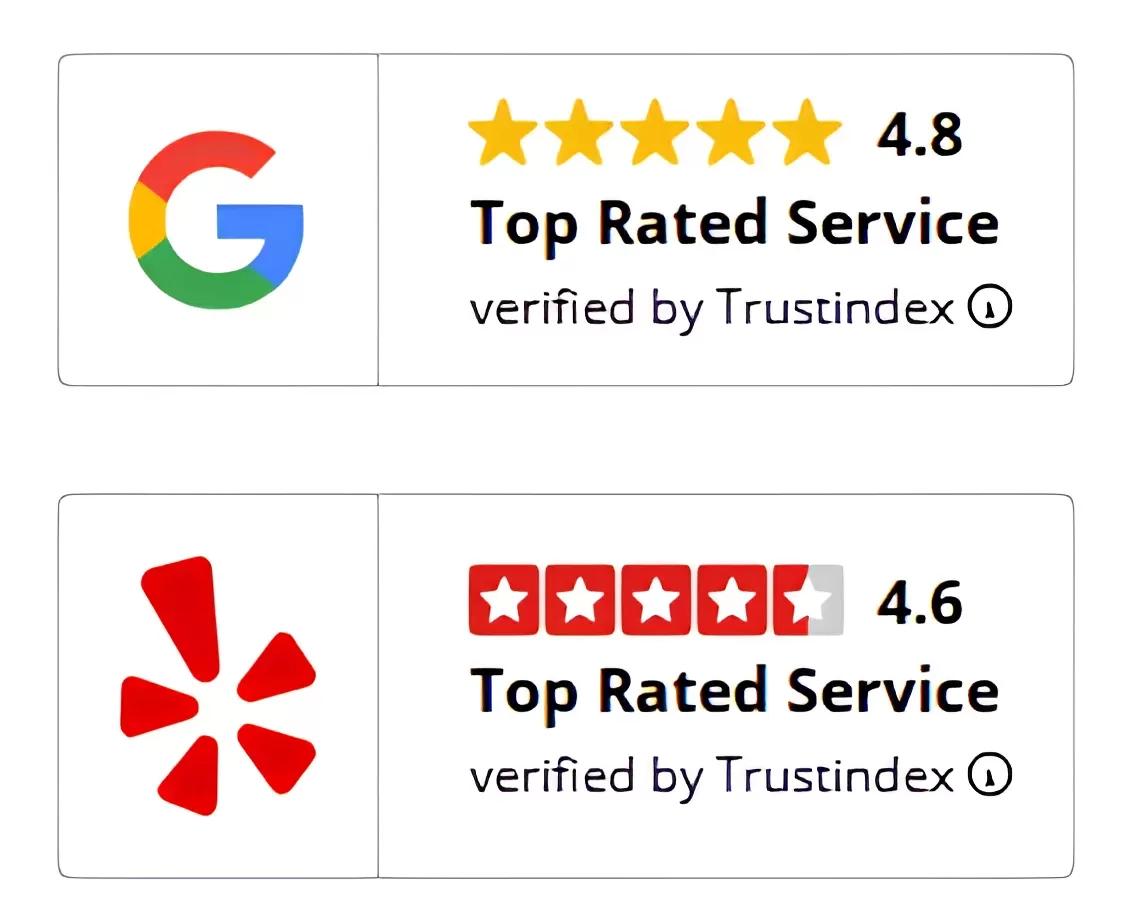Debt Relief Programs – Your Options To Get Out Of Debt
You may be considering debt relief programs to help you resolve your debts for a variety of reasons. It may be because you want to pay off your debts in less time than it would only making the minimum payments. It could be because you need a lower payment to free up money each month and get out of a financial hardship. You may be considering bankruptcy alternatives. Another reason could be that you want to escape the trap of only payming interest on your debts with minimum payments and finally start having control over your financial future.
Whatever the reason, you are not alone. And, there are legal debt relief options that have worked for millions of people.
Prior to your choosing which option to use, make sure you understand all your options.
The following are 7 debt relief options and recommendations to help determine which is the best for you.
1) Do Nothing Or Continue Paying The Minimum Payments
If you’re making your minimum payments, at the very least, you aren’t accruing late fees and will not be reported for delinquency to the credit bureaus. You will stay afloat.
However, the debt is often growing at a rate greater than the minimum payment because of the high interest rates.
Ultimately, paying only minimum payments does nothing to truly solve the situation. If you are paying just the minimum payments on your debt, then a major portion (or potentially all) of what you pay each month is going towards interest for the loan.
While this is a great situation for creditors, many earning billions of dollars per year from interest alone, it is not good for you. When one calculates the total payoff on unsecured debts, often it exceeds the principal amount by 10, 100 or more times.
Some people have come to us for financial help and after reviewing their situation, we realized they had paid their debts back 4 to 5 times, yet the balances hadn’t gone down. Finally with the CuraDebt debt resolution program they were able to have peace of mind with a solution to pay them off..
2) Inherit A Lot Of Money Or Win The Lottery
Hoping for a miracle to happen is not a good strategy for anything. This is really just a delaying tactic to avoid having to face your problems. The sooner you come to terms with the fact that you need help, the sooner you will be able to solve things.
And for the record, the odds of winning the lottery are 1 in 175,223,510, so the chances of this being your way out of debt are very slim. You will be much better off if you choose from the various debt relief programs that have worked for many others.
But let’s say that you do come across some cash, what are your options then? Here we go over different debt relief programs for paying off your debts.
3) File Bankruptcy
If you are having an extreme financial crisis and you are contemplating bankruptcy, it is best to know all of the facts first. At CuraDebt, we have over 19 years of experience and have helped tens of thousands of Americans with debt solutions.
In an effort to inform you, we are providing an overview of what bankruptcy entails. The information is provided as informational and is not legal advice. It is recommended that you speak with an attorney for legal advice.
There are two kinds of bankruptcy for individuals, Chapter 7 bankruptcy and Chapter 13 bankruptcy. Whether Chapter 7 or Chapter 13 bankruptcy is the right choice for you depends on your income, assets, debts, and your financial goals.
Chapter 7 Bankruptcy
In order to qualify for Chapter 7 bankruptcy, you must have very little or zero disposable income. Even if you have no disposable income the court also has to determine whether the assets that you have are exempt or non-exempt. If you have very little disposable income, yet your house has $500,000 worth of equity, you might want to reconsider the Chapter 7 bankruptcy; here’s why…
Chapter 13 bankruptcy can be seen as a repayment plan of sorts. It is for individuals who have a normal income and who can afford to pay back a portion of their debts. Repayments under Chapter 13 are based on the ability of the debtor to pay as well as a number of other factors.
Periods for repayment are 5 years (for people who make below the median income level) or 3 years (for those above the median income level); these repayments are very strictly regulated by court mandated budgets that follow IRS guidelines, and penalties for not complying (paying on time) are significant.

4) Debt Management
A non-profit debt consolidation program (also known as a debt management plan, debt management program, credit counseling program, non-profit credit counseling program) is a creditor-sponsored program that has been advertised as a solution to individuals who are falling behind or having “trouble” paying their minimum payments each month.
To qualify for this debt relief program, typically the individual with the debts has to make at least a 2% minimum payment each month plus a fee to the credit counseling agency. In certain cases, credit counseling agencies may charge a monthly fee as high as $79 a month for their services. They then make one payment to the creditors each month. In the past, creditors would lower the interest rates a lot (even to 0%), but in recent years, creditors have not been so generous when lowering the interest rates. Some do not even lower them at all, and some do not even work with non-profit debt consolidation plans.
Also, on this option of debt relief programs, if one payment is missed or late, the creditors may kick the individual out of the program.
The credit report still shows a third party (the debt consolidation credit counseling agency) as paying the accounts. While interpretation is different from one lender to another, some lenders equate the credit rating of the person on this debt relief program to a chapter 13 bankruptcy.
5) Unsecured Debt Consolidation Loan
A non-profit debt consolidation program (also known as a debt management plan, debt management program, credit counseling program, non-profit credit counseling program) is a creditor-sponsored program that has been advertised as a solution to individuals who are falling behind or having “trouble” paying their minimum payments each month.
To qualify for this debt relief program, typically the individual with the debts has to make at least a 2% minimum payment each month plus a fee to the credit counseling agency. In certain cases, credit counseling agencies may charge a monthly fee as high as $79 a month for their services. They then make one payment to the creditors each month. In the past, creditors would lower the interest rates a lot (even to 0%), but in recent years, creditors have not been so generous when lowering the interest rates. Some do not even lower them at all, and some do not even work with non-profit debt consolidation plans.
Also, on this option of debt relief programs, if one payment is missed or late, the creditors may kick the individual out of the program.
The credit report still shows a third party (the debt consolidation credit counseling agency) as paying the accounts. While interpretation is different from one lender to another, some lenders equate the credit rating of the person on this debt relief program to a chapter 13 bankruptcy.
6) Secured Debt Consolidation Loan
A secured debt consolidation loan is a loan in which the owner pledges an asset like a car or property as security to the lender for the loan. Therefore, if you own a home, land or other assets with equity you might qualify for a secured loan, using the asset as collateral.
Lenders often claim that this is the best way to eliminate your debts and that it is the best choice to maintain your credit score. While this sounds attractive, in reality it is one of the worst decisions a person can make. Here are some things to consider:
7) Debt Settlement
Another option of debt relief programs is debt settlement, which is also referred to as debt negotiation, debt arbitration, debt forgiveness, and credit settlement. Debt settlement is an option of different debt relief programs that is designed to help you save as much money as possible, as quickly as possible, based on your unique financial situation.
There are many factors that come into play in the debt negotiation process. These factors include the age of debt, type of debt, your income, the state you live in, your age, and many others.
What Is The Best Out Of All Debt Relief Programs?
The best choice of debt relief programs for unsecured debts is to pay back your credit cards in full by paying significantly more each month than the minimum payment.
However, if you are in a situation where you are finding that the minimum payment is causing challenges in your finances or if your accounts have already gone delinquent, the best solution is a debt relief program because settlements can be reached with unsecured creditors.
With secured debts (e.g. a home loan), the only solution in most cases is to lose the asset (e.g. lose your home), but if you deal with your unsecured debts it will free up more money, time and peace of mind to deal with your secured debts. When it comes to tax debt your best option is for a highly trained tax expert to meticulously identify the issues, ensure tax compliance and then implement the best resolution.
If you are considering any of these debt relief programs, chances are you have debt and are looking for a solution. Call CuraDebt for a free consultation at 1-877-850-3328.
Our expert counselors will listen to your unique situation and inform you of the most effective and painless way to help you save as much money as possible, as fast as possible. In addition to providing you with valuable information about our debt relief programs, they will attempt to help you understand your unique situation and help you make the most educated decision possible.





